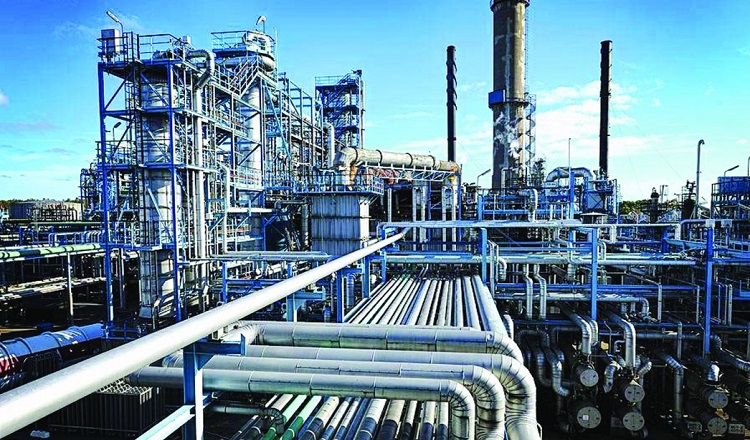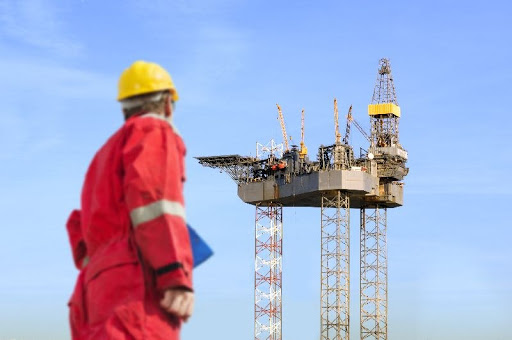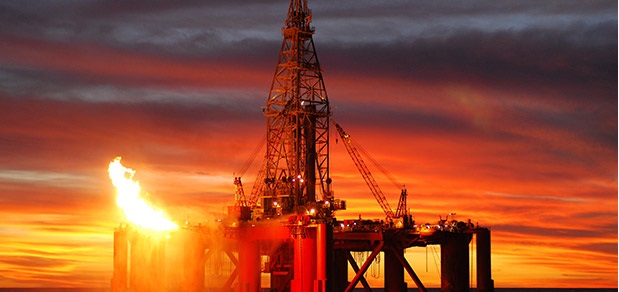

This course provides a thorough understanding of risks associated to drilling operations and to reinforce the HSE culture of the workplace environment.
By the end of this CDGA training course, participants will be able to:
Drilling Engineers, Senior Drilling Engineers, Drilling Supervisors, Drilling Superintendents, Petroleum Engineers, Completion Engineers, Tool Pushers, Reservoir and Senior Reservoir Engineers, Geologists, Production and Completion Engineers, Foremen, Work over Engineers, Petroleum Engineers, Completion Engineers, Tool Pushers, Reservoir and Senior Industry Personnel, Lifting Personnel, Maintenance Engineers, Technologists, Mud Engineers, Well Site Supervisors, Drilling Contractors, Drilling Supervisors, Completion Engineers, Completion Supervisors, Drilling Managers, Drilling Technical Support Personnel, Trainee Drillers, Rig Engineers, Industry Personnel, Completion engineers, Production staff, Petroleum engineers, Other technical staff that need an understanding and an appreciation of HSE aspects of well drilling, completion, work-over and well intervention, Roustabouts, Roughnecks, Derrick men, Assistant Drillers and leading drilling personnel offshore, Employees and managers in drilling service Companies, Management of drilling rigs and drilling installations, Engineering personnel for design and modification of drilling facilities, Safety Delegates, Safety Coaches.
General Risks Associated to Drilling Operations:
Risks Associated With Rig Equipment
Risks Associated With Drilling Fluids Processing& Cementing Operations:
HSE Management of Well Control Equipment:
Risks Associated With Support Facilities:
Safety Engineering in Drilling Operations
Organizational Framework:
Environmental Management of Drilling Operations:
CDGA attendance certificate will be issued to all attendees completing minimum of 80% of the total course duration.
| Code | Date | Venue | Fees | Register |
|---|---|---|---|---|
| DE105-02 | 18-05-2026 | Istanbul | USD 5950 | |
| DE105-03 | 20-09-2026 | Doha | USD 5450 | |
| DE105-04 | 14-12-2026 | Kuala-Lumpur | USD 5950 |

This course provides a complete overview of wellsite operations from the perspective of the Operations Geologist and the Wellsite Geologist. The focus is on being able to understand the job functions ...

Every day, the Oil and Gas exploration companies work hard to explore for and produce hydrocarbons on which we depend on in a way that protects the health and safety of the oil workers and the communi ...

This course is designed to go a step beyond normal well control courses. It reviews classic pressure control procedures and covers non-classic well control procedures. After completing the course, the ...
Providing services with a high quality that are satisfying the requirements
Appling the specifications and legalizations to ensure the quality of service.
Best utilization of resources for continually improving the business activities.
CDGA keen to selects highly technical instructors based on professional field experience
Since CDGA was established, it considered a training partner for world class oil & gas institution
3012, Block 3, 30 Euro Business Park, Little Island, Co. Cork, T45 V220, Ireland
Mon to Fri 09:00 AM to 06:00 PM
Contact Us anytime!
Request Info